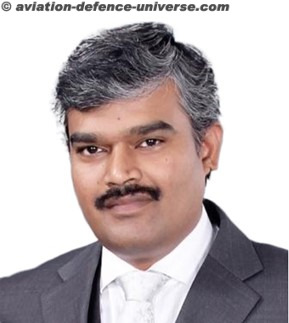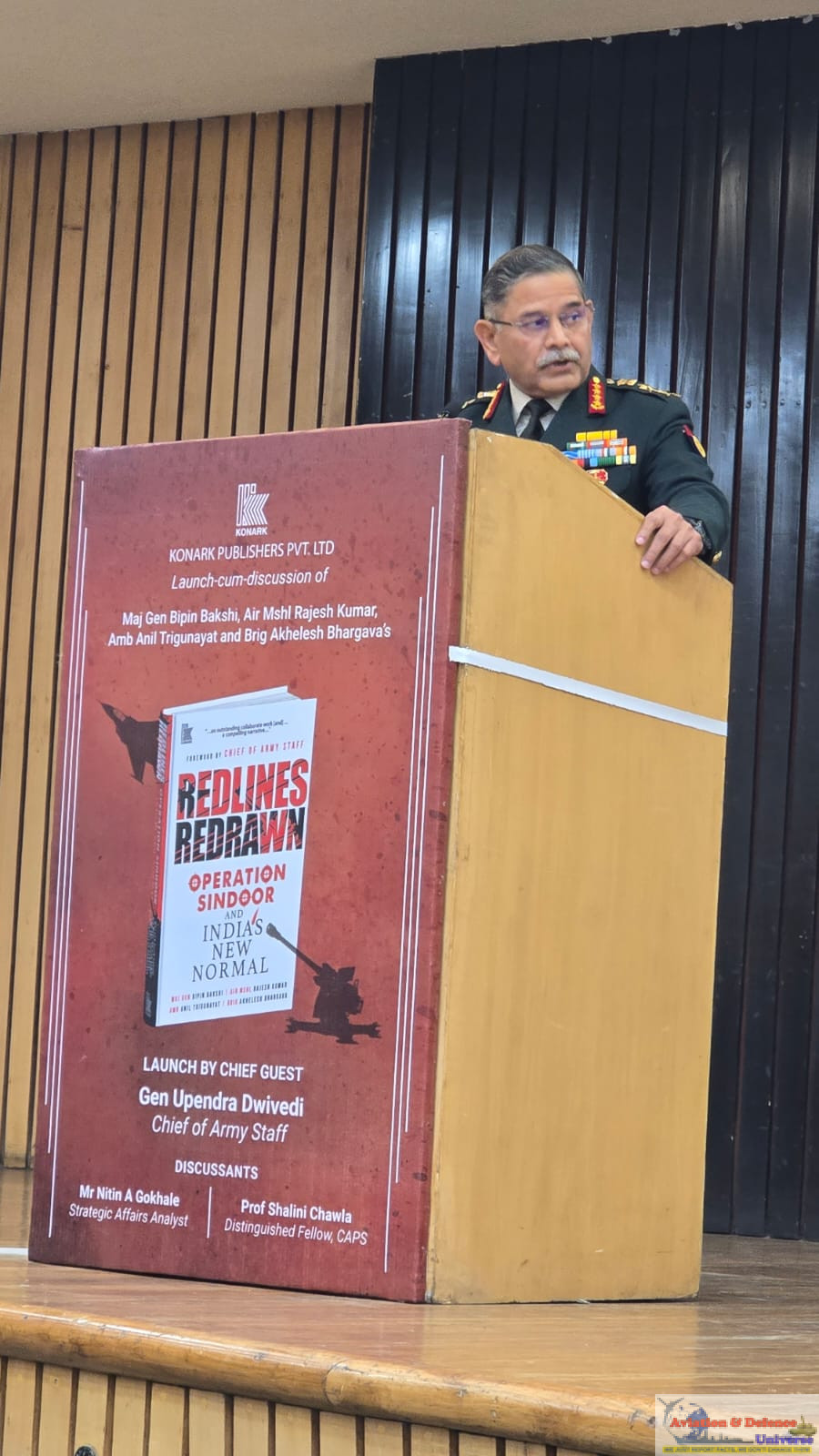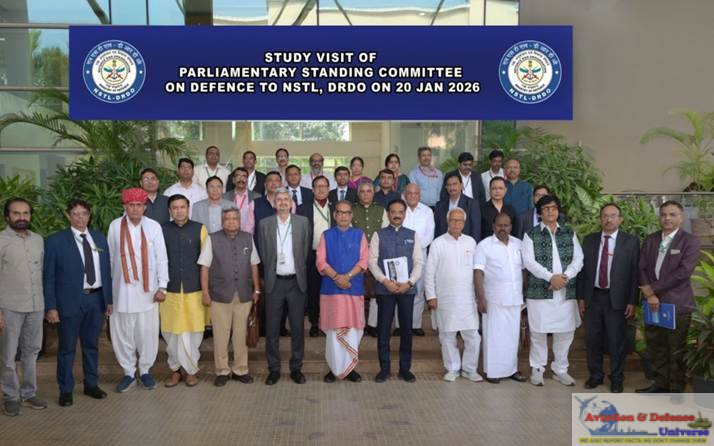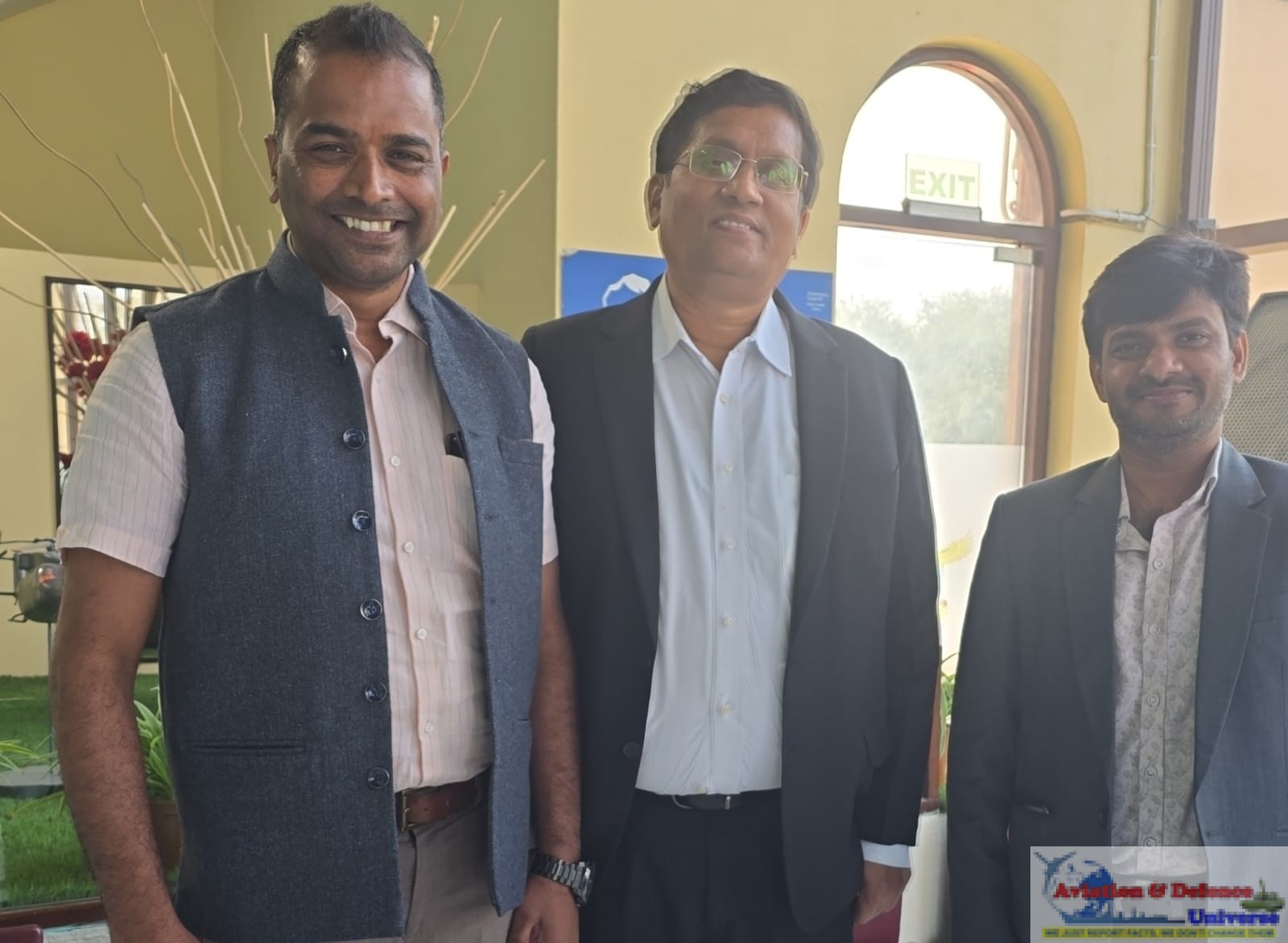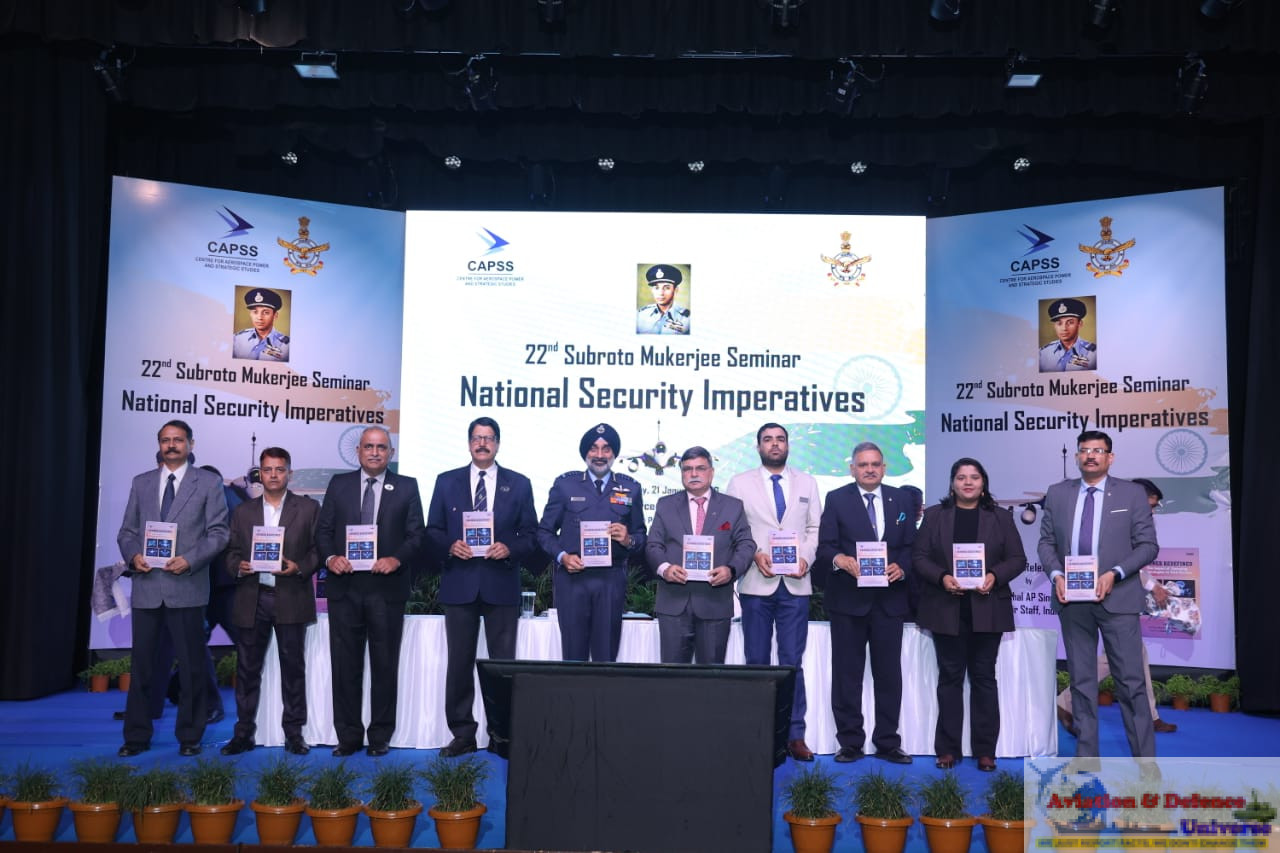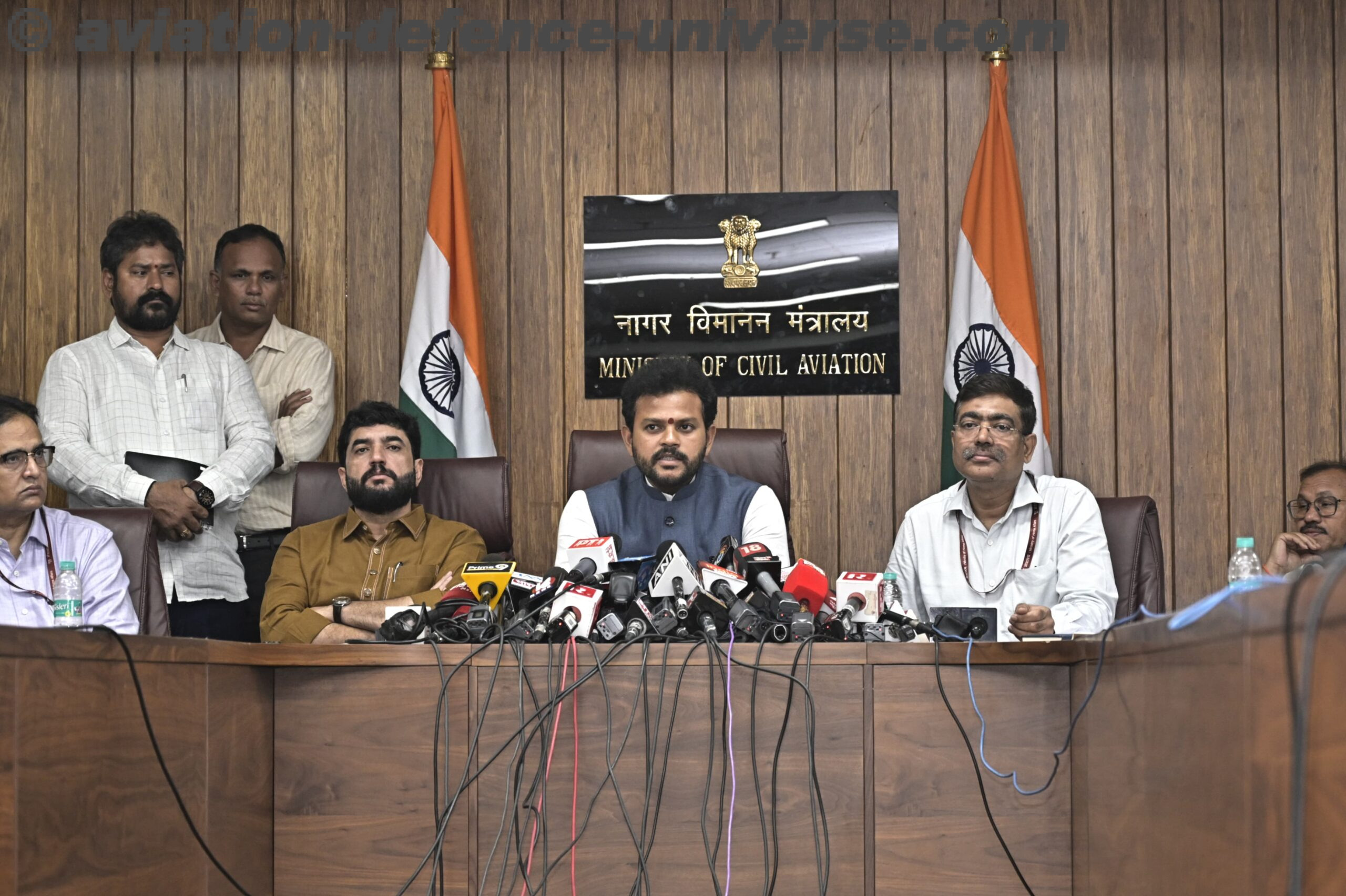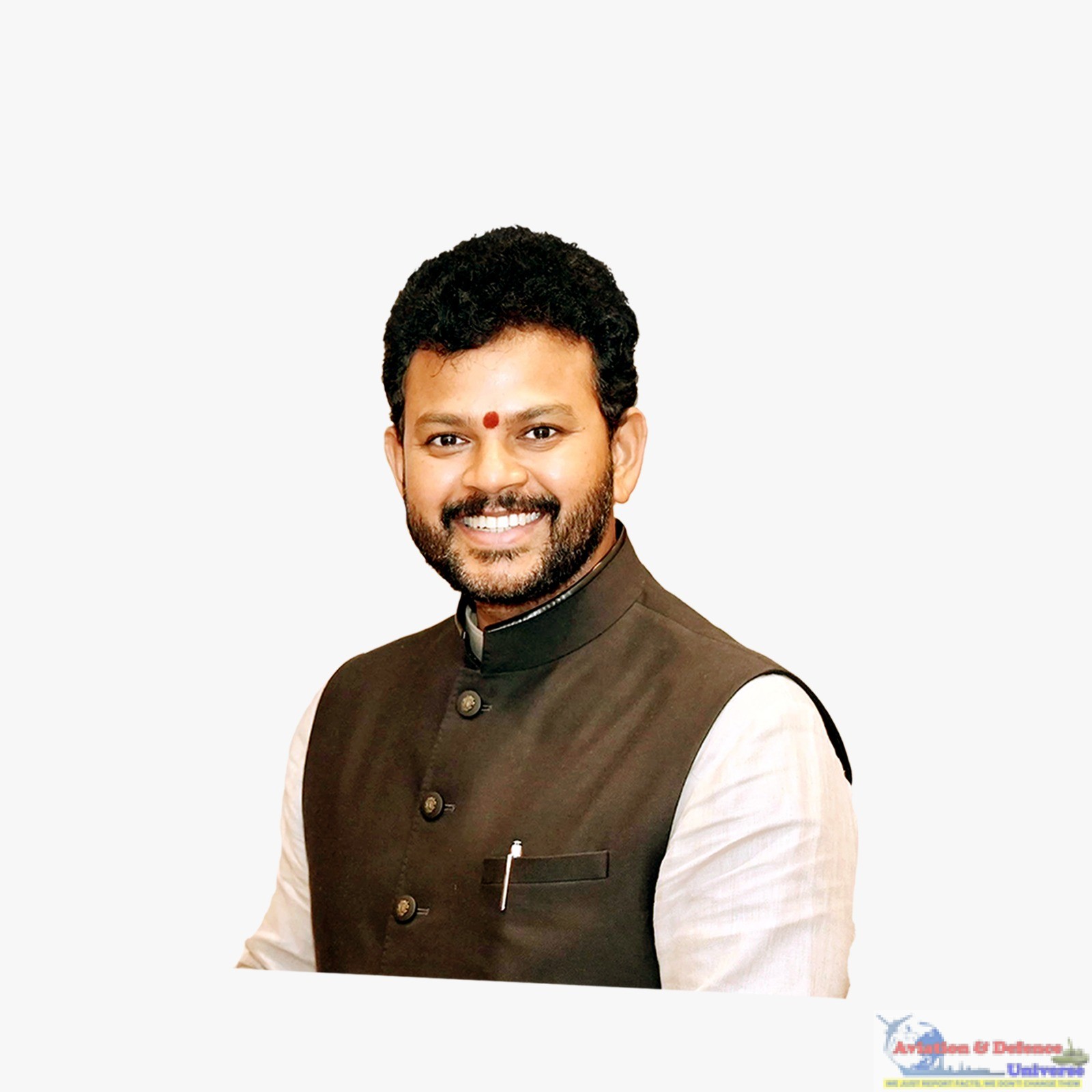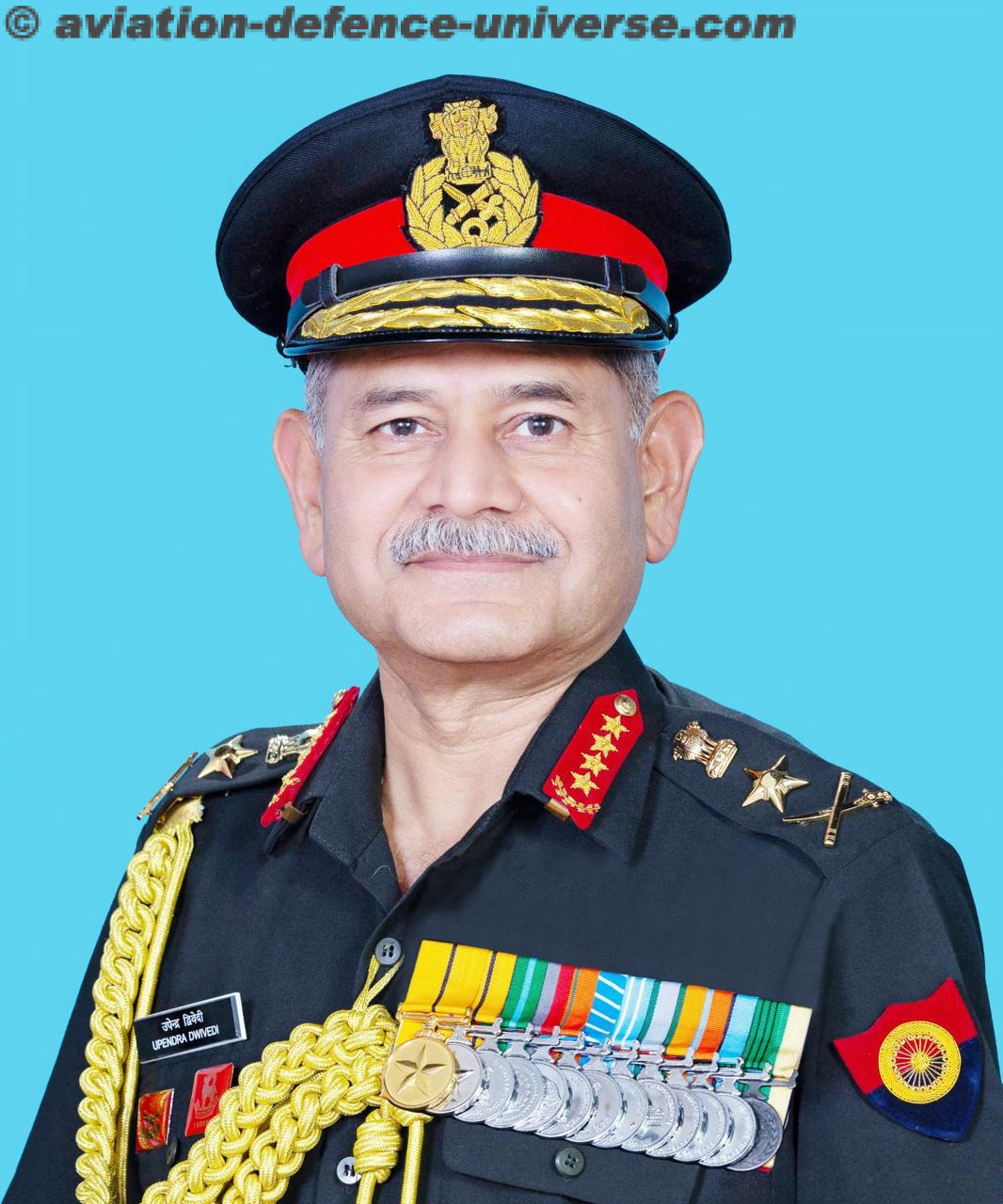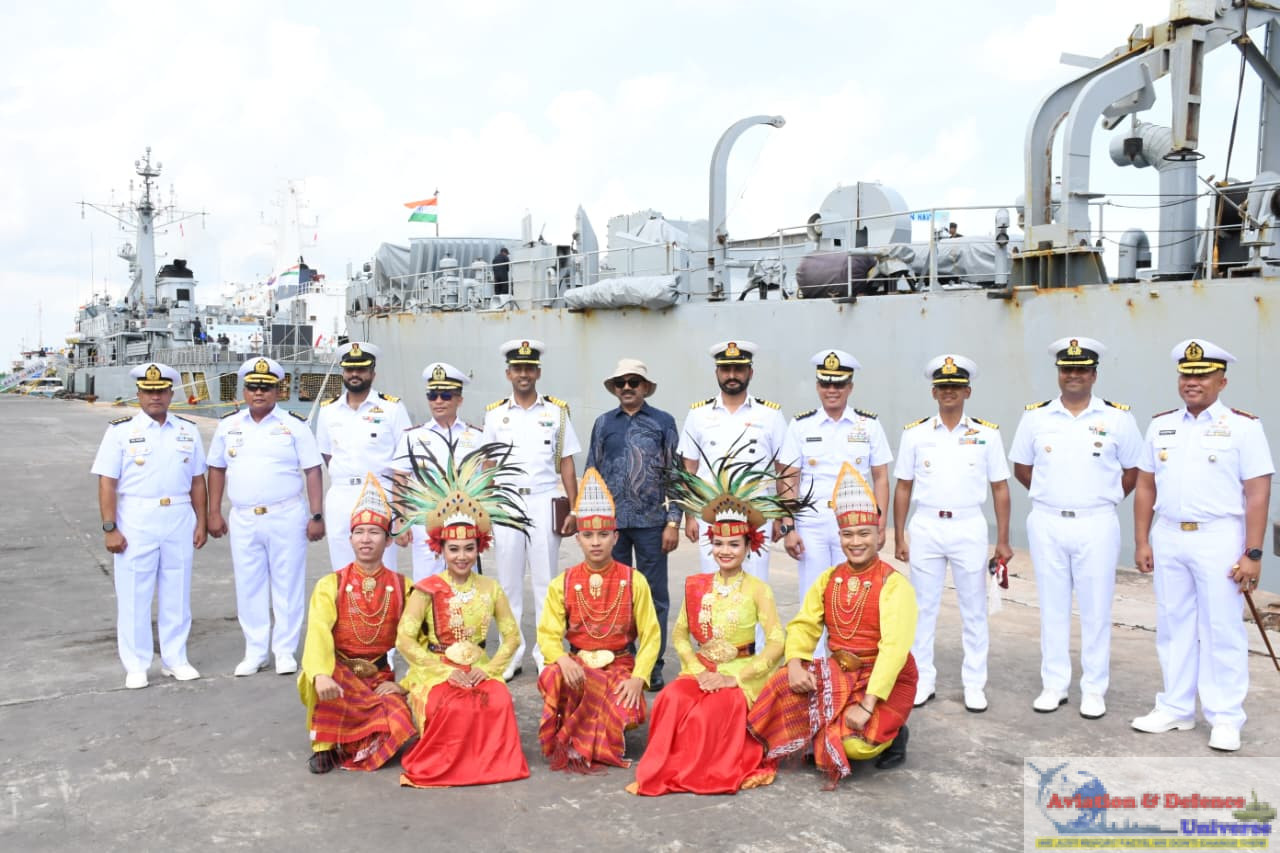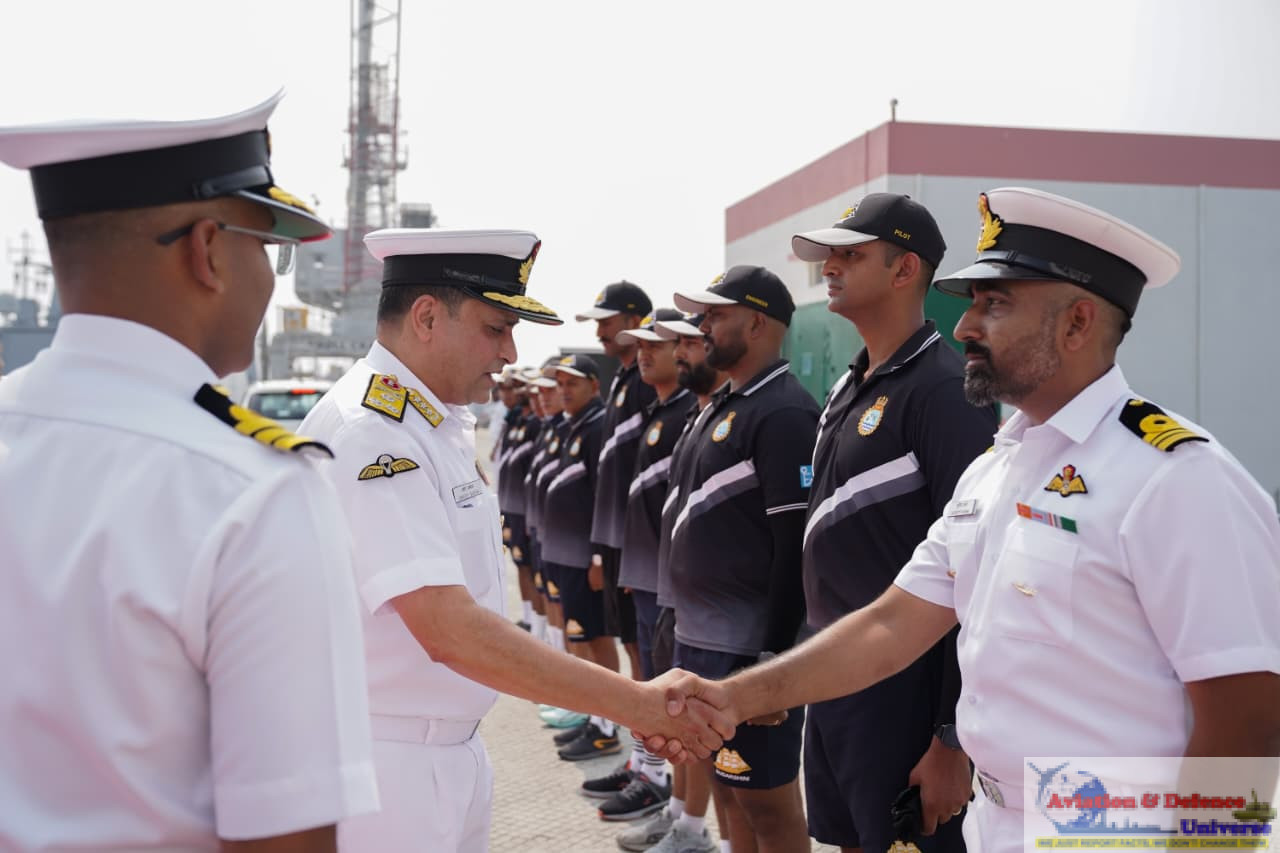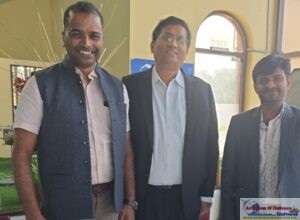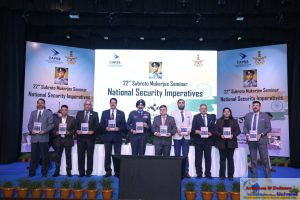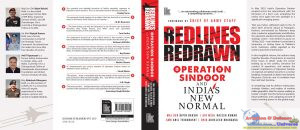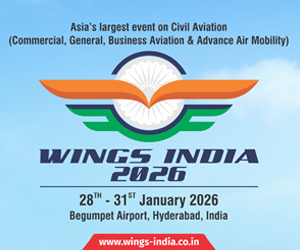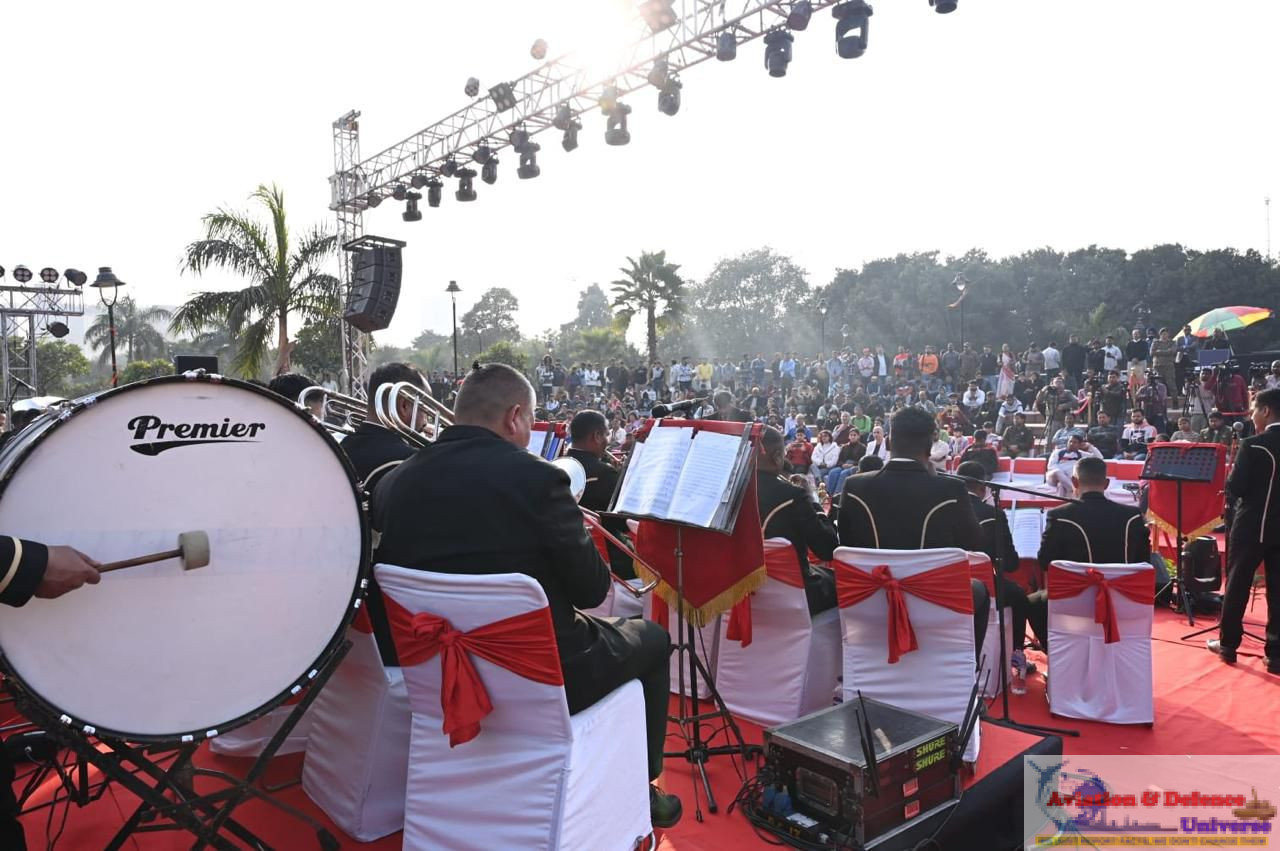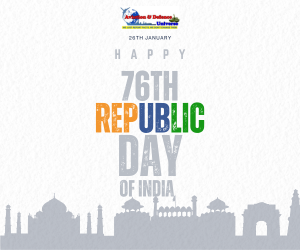- From Accra to Brasilia: PM Modi Showcases India’s Global Vision in Diplomatic Sprint
- Africa to Latin America: India’s Global South Outreach
By Jai Kumar Verma
New Delhi.17 July 2025. Prime Minister Narendra Modi’s five-nation diplomatic tour from July 2 to July 9, 2025, across Ghana, Trinidad and Tobago, Argentina, Brazil, and Namibia marked a strategic and symbolic outreach to the Global South. The week-long marathon diplomacy, one of the most extensive in recent years, was aimed at strengthening bilateral ties, deepening economic and defence cooperation, and positioning India as a leader in multipolar world order. The visit also underlined India’s commitment to South-South collaboration and counterbalancing China’s influence through sustainable development and mutual respect.
Reflecting India’s strategic intent to deepen its engagement across Africa, Latin America, and the Caribbean, this eight-day diplomatic initiative marks one of Modi’s longest foreign tours in nearly a decade and reiterated India’s commitment to multilateralism and strengthening bilateral ties across the Atlantic.
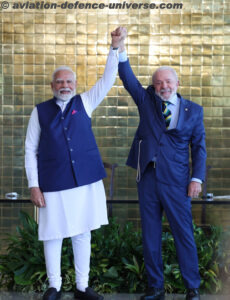
Modi’s five-nation tour was strategically significant for several reasons. It aimed to strengthen India’s ties with the Global South, enhance its footprint on multilateral platforms, and foster partnerships across both sides of the Atlantic. The tour included high-level bilateral meetings, cultural engagements, and outreach to overseas Indian communities, further strengthening people-to-people connections and promoting India’s global vision through diplomatic dialogue, shared heritage, and strategic collaboration. The visit also enhanced cooperation in different fields including defence, energy and technology.
Africa figured prominently in Modi’s itinerary with stops in Ghana and Namibia, where mineral cooperation and development partnership took centre stage. In Ghana, discussions spanned vaccine production, trade, and cultural exchanges. In Namibia, Modi promoted India’s interest in rare earth minerals, proposing a direct diamond corridor from Namibia to Surat and the introduction of India’s UPI system, which Namibia licensed during the visit. By offering low-cost, inclusive models of development in contrast to China’s debt-driven diplomacy, India positioned itself as a trustworthy and collaborative partner in Africa’s growth story.
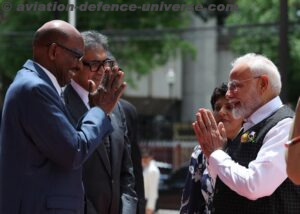 The tour was initiated from Ghana where Modi was conferred with the country’s highest civilian honour, The Officer of the Order of the Star of Ghana, by President John Mahama. The Indian Prime Minister’s visit occurred after 30 years. Modi gifted holy water from the Mahakumbh and a replica of the Ram Mandir to Prime Minister Kamla Persad-Bissessar of Trinidad and Tobago. Both the Prime Ministers stressed on strengthening bilateral ties and enhance cooperation on areas including pharmaceuticals, renewable energy, and digital infrastructure. In Argentina Modi and President Javier Milei discussed on food security, defence, and technology. India which has increased its defence production and emphasising on new innovations wants to increase its defence export. India’s HAL and Argentina’s FAdeA (Fábrica Argentina de Aviones) are collaborating in defence sectors including on drone sector. India is also trying to provide an alternative to the British-made ejection seat for the LCA Tejas. The visit underscored India’s growing economic ties with Latin America and its commitment to strengthening strategic partnerships in the region.
The tour was initiated from Ghana where Modi was conferred with the country’s highest civilian honour, The Officer of the Order of the Star of Ghana, by President John Mahama. The Indian Prime Minister’s visit occurred after 30 years. Modi gifted holy water from the Mahakumbh and a replica of the Ram Mandir to Prime Minister Kamla Persad-Bissessar of Trinidad and Tobago. Both the Prime Ministers stressed on strengthening bilateral ties and enhance cooperation on areas including pharmaceuticals, renewable energy, and digital infrastructure. In Argentina Modi and President Javier Milei discussed on food security, defence, and technology. India which has increased its defence production and emphasising on new innovations wants to increase its defence export. India’s HAL and Argentina’s FAdeA (Fábrica Argentina de Aviones) are collaborating in defence sectors including on drone sector. India is also trying to provide an alternative to the British-made ejection seat for the LCA Tejas. The visit underscored India’s growing economic ties with Latin America and its commitment to strengthening strategic partnerships in the region.
In Brazil Modi attended the 17th BRICS 2025 Summit. India is the founder member of BRICS and in the absence of Russian President Putin and Chinese President Xi Jinping, Modi played the role of elderly statesman. In Brazil he met with several leaders from the BRICS nations. Following the summit, Modi engaged in a state visit to Brasilia, where discussions with President Luiz Inácio Lula da Silva focused on broadening the strategic partnership in trade, defence, and technology. The five-nation diplomatic offensive concluded in Namibia. Here Modi met with President Netumbo Nandi-Ndaitwah and addressed the Namibian parliament. He stressed India’s commitment to the Global South and multilateral platforms.
 As China is weaponising rare earth mineral exports, Modi in the current tour explored possibilities of mineral cooperation with other countries. China has dominance in the rare earth mineral production and recently put restrictions on its export. Modi explicitly addressed this issue besides trying to increase production of rare earth minerals in the country, India is seeking collaborations with other countries to diversify its rare earth supply sources and enhance its processing capabilities. Namibia has large deposits of diamonds, critical minerals, and uranium. India wants to develop a direct diamond corridor from Namibia to Surat. Same way Ghana is also rich in minerals like gold, diamonds, manganese, bauxite, iron ore, limestone etc. India is contemplating to use these mineral resources for the benefit of both the countries. India has also underlined the strategic significance of the rare earth minerals for the development of Global South. India also showed its developmental model which is not only low-cost but is very different from Chinese financing model which invariably ends in debt trap. India also discussed its Unified Payments Interface (UPI) which shows India’s expertise in digital public infrastructure and its potential for replication in other Global South nations. UPI was licensed by Namibia during the visit.
As China is weaponising rare earth mineral exports, Modi in the current tour explored possibilities of mineral cooperation with other countries. China has dominance in the rare earth mineral production and recently put restrictions on its export. Modi explicitly addressed this issue besides trying to increase production of rare earth minerals in the country, India is seeking collaborations with other countries to diversify its rare earth supply sources and enhance its processing capabilities. Namibia has large deposits of diamonds, critical minerals, and uranium. India wants to develop a direct diamond corridor from Namibia to Surat. Same way Ghana is also rich in minerals like gold, diamonds, manganese, bauxite, iron ore, limestone etc. India is contemplating to use these mineral resources for the benefit of both the countries. India has also underlined the strategic significance of the rare earth minerals for the development of Global South. India also showed its developmental model which is not only low-cost but is very different from Chinese financing model which invariably ends in debt trap. India also discussed its Unified Payments Interface (UPI) which shows India’s expertise in digital public infrastructure and its potential for replication in other Global South nations. UPI was licensed by Namibia during the visit.
In the current visit Modi reaffirmed India’s commitment to BRICS though President Trump is threatening to impose extra duties on BRICS members. He emphasized the importance of diversity and multipolarity within BRICS and suggested that the group could play a vital role in shaping a multipolar world order. India, along with other BRICS members, voiced concerns about trade-restrictive measures at the summit but kept a dignified balance between USA and BRICS.
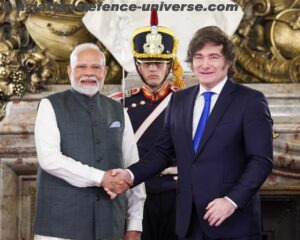 India is a foremost sufferer of terrorism as India’s western neighbour has waged a low intensity war against it. Hence Modi highlighted the menace of terrorism and called for concerted global action against it. Modi took the issue of terrorism at the BRICS Summit in Brazil and while reproving terrorism he stated that terrorism is a “grave threat to humanity”. He emphasized the need for decisive global action, including sanctions, and warned against employing double standards in tackling terror. He stated that there should be no hesitation in imposing sanctions against terrorists and that those who fund, promote, or provide safe haven to terrorists must be dealt severely. He reiterated that terrorism and its supporters cannot be weighed on the same scale as the victims, and that supporting terror should not be acceptable under any circumstances. The BRICS declaration echoed India’s stance, urging for zero tolerance for terrorism and rejecting double standards in countering it. Although neither Modi took the name of Pakistan nor BRICS resolution took its name but the message was clear.
India is a foremost sufferer of terrorism as India’s western neighbour has waged a low intensity war against it. Hence Modi highlighted the menace of terrorism and called for concerted global action against it. Modi took the issue of terrorism at the BRICS Summit in Brazil and while reproving terrorism he stated that terrorism is a “grave threat to humanity”. He emphasized the need for decisive global action, including sanctions, and warned against employing double standards in tackling terror. He stated that there should be no hesitation in imposing sanctions against terrorists and that those who fund, promote, or provide safe haven to terrorists must be dealt severely. He reiterated that terrorism and its supporters cannot be weighed on the same scale as the victims, and that supporting terror should not be acceptable under any circumstances. The BRICS declaration echoed India’s stance, urging for zero tolerance for terrorism and rejecting double standards in countering it. Although neither Modi took the name of Pakistan nor BRICS resolution took its name but the message was clear.
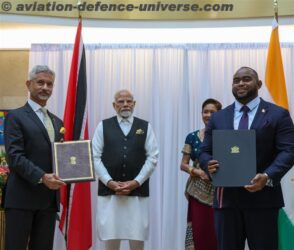 In the recent tour, Modi made significant efforts to position India as a leader of the Global South. India strengthened its bonds with the Global South by deepening partnerships with nations on both sides of the Atlantic and in multilateral forums like BRICS, the African Union, ECOWAS and CARICOM. ECOWAS (the Economic Community of West African States) is a regional political and economic union of twelve West African countries. CARICOM which is a short for the Caribbean Community, is an intergovernmental organization comprising 15 member states and 5 associate members across the Americas, the Caribbean, and the Atlantic Ocean. Modi also highlighted the shared values with these countries and tried to counter balance with China. As India believes in the development of the country while China’s strategy is of debt trap, exploitation and coercive diplomacy.
In the recent tour, Modi made significant efforts to position India as a leader of the Global South. India strengthened its bonds with the Global South by deepening partnerships with nations on both sides of the Atlantic and in multilateral forums like BRICS, the African Union, ECOWAS and CARICOM. ECOWAS (the Economic Community of West African States) is a regional political and economic union of twelve West African countries. CARICOM which is a short for the Caribbean Community, is an intergovernmental organization comprising 15 member states and 5 associate members across the Americas, the Caribbean, and the Atlantic Ocean. Modi also highlighted the shared values with these countries and tried to counter balance with China. As India believes in the development of the country while China’s strategy is of debt trap, exploitation and coercive diplomacy.
Modi understands the value of Indian diaspora which works as the ambassadors of India abroad. Indian diaspora always gives warm welcome to Modi and the current visit is no exception. Modi praised Indian diaspora for preserving their culture and traditions and for their contributions to the host countries. Modi announced in Trinidad & Tobago that Overseas Citizen of India (OCI) cards will now be issued up to the sixth generation of people of Indian origin in the country. This decision was met with applause from the community.
In nutshell the current five nation tour was a landmark diplomatic mission that underscored India’s growing influence and commitment to global cooperation. By visiting Ghana, Trinidad and Tobago, Argentina, Brazil, and Namibia, Modi reinforced India’s partnerships with the Global South, expanded its multilateral engagement, and highlighted the importance of shared democratic values and historical ties. The tour’s outcomes are expected to have long-term implications for India’s foreign policy and its role in shaping a more equitable global order. In essence, the recent five-nation tour served as a platform for PM Modi to strengthen India’s position as a reliable development partner and a leading voice for the Global South, offering a collaborative and inclusive approach to global challenges.
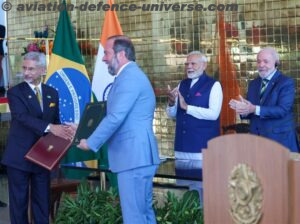 Prime Minister Modi’s whirlwind five-nation visit served as a diplomatic masterstroke, amplifying India’s strategic presence across Africa, Latin America, and the Caribbean. From pioneering digital infrastructure with Namibia’s adoption of UPI to advancing defence and technology partnerships with Argentina and Brazil, Modi reaffirmed India’s position as a credible leader of the Global South. As multilateralism takes deeper roots and global challenges demand inclusive solutions, India is steadily carving a niche as a trusted, forward-looking partner committed to shared prosperity and multipolar global governance. It is a bold reaffirmation of India’s foreign policy priorities centred on cooperation, connectivity, and capacity-building. Whether through strategic mineral partnerships in Africa, defence collaboration in South America, or global financial inclusion via UPI, India presented itself as a development partner that respects sovereignty and fosters mutual growth. As the voice of the Global South grows louder in global forums, India is firmly positioning itself as both a representative and a leader of this diverse and emerging coalition.
Prime Minister Modi’s whirlwind five-nation visit served as a diplomatic masterstroke, amplifying India’s strategic presence across Africa, Latin America, and the Caribbean. From pioneering digital infrastructure with Namibia’s adoption of UPI to advancing defence and technology partnerships with Argentina and Brazil, Modi reaffirmed India’s position as a credible leader of the Global South. As multilateralism takes deeper roots and global challenges demand inclusive solutions, India is steadily carving a niche as a trusted, forward-looking partner committed to shared prosperity and multipolar global governance. It is a bold reaffirmation of India’s foreign policy priorities centred on cooperation, connectivity, and capacity-building. Whether through strategic mineral partnerships in Africa, defence collaboration in South America, or global financial inclusion via UPI, India presented itself as a development partner that respects sovereignty and fosters mutual growth. As the voice of the Global South grows louder in global forums, India is firmly positioning itself as both a representative and a leader of this diverse and emerging coalition.
(Jai Kumar Verma is a Delhi-based strategic analyst and member of United Services Institute of India and The Manohar Parrikar Institute for Defence Studies and Analyses,. The views in the article are solely the author’s. He can be contacted at editor.adu@gmail.com)








